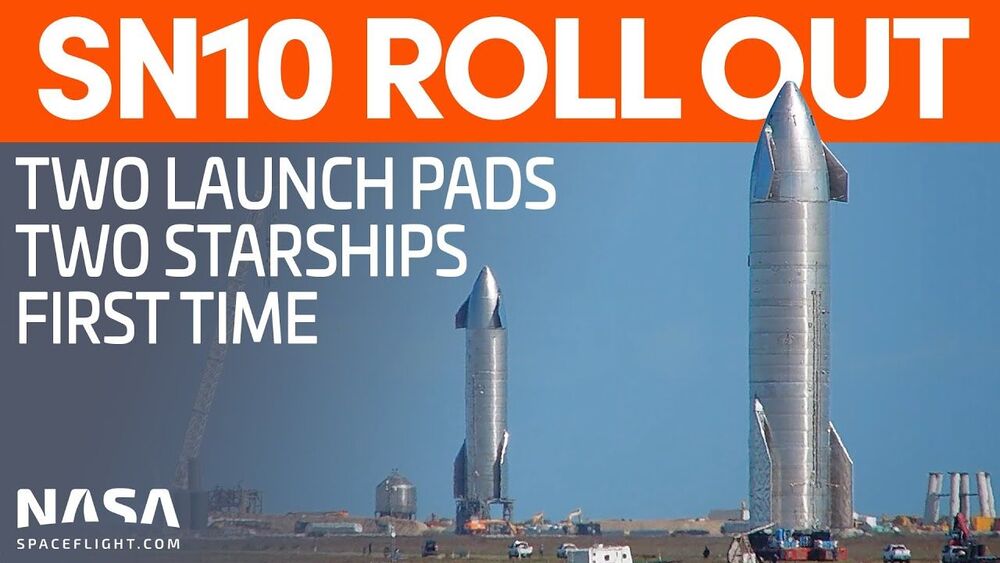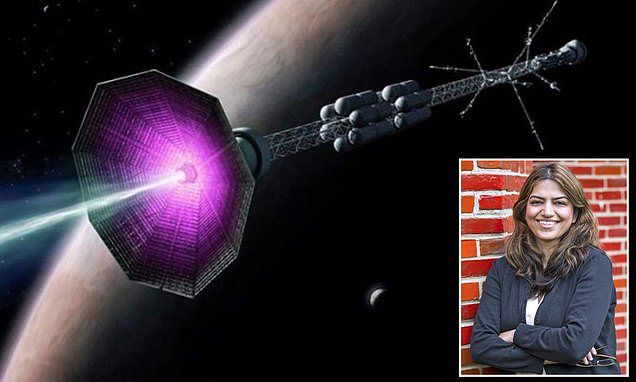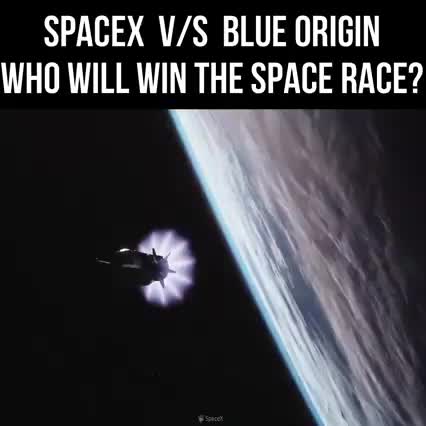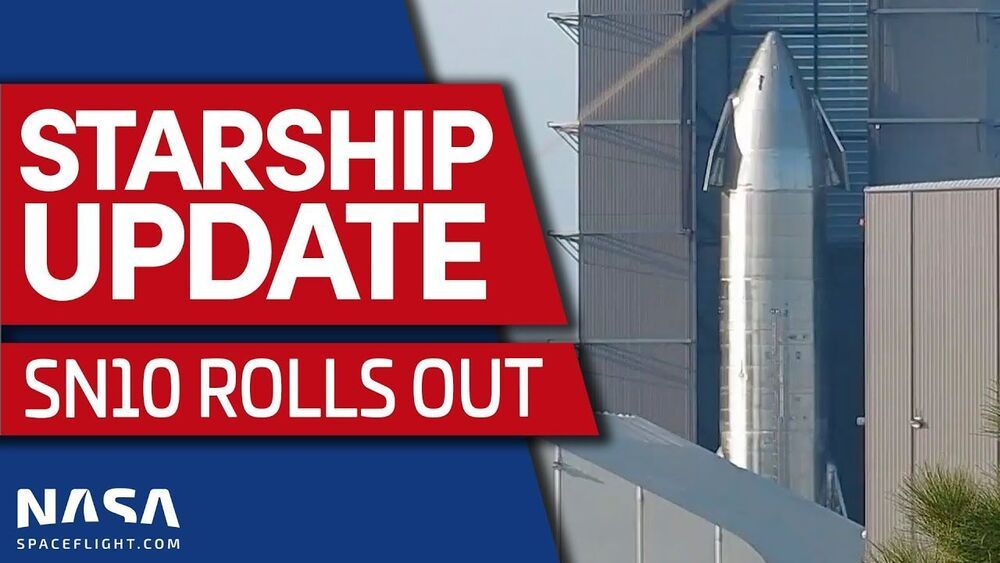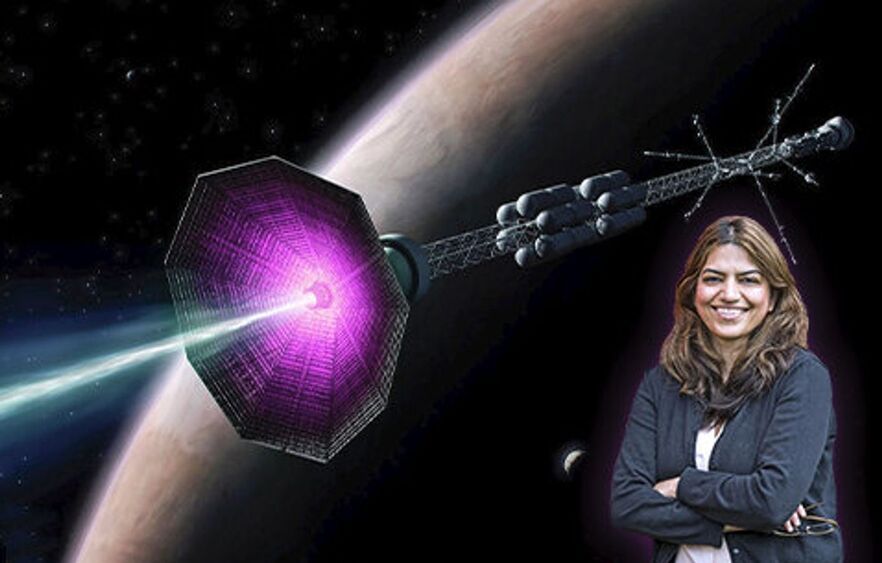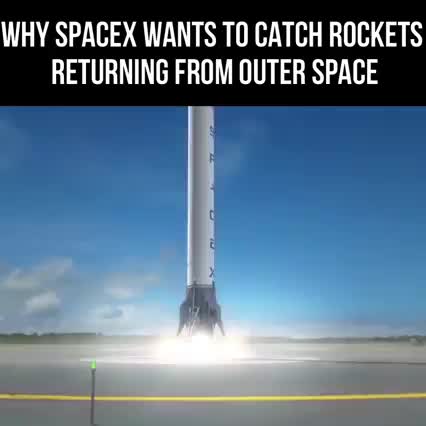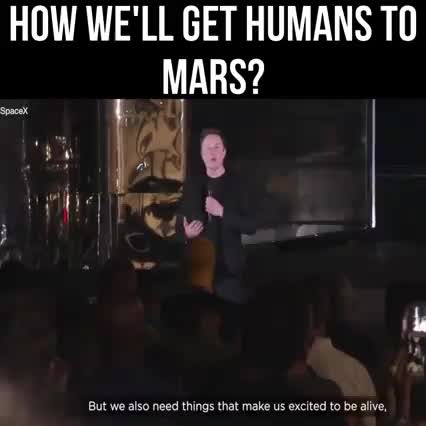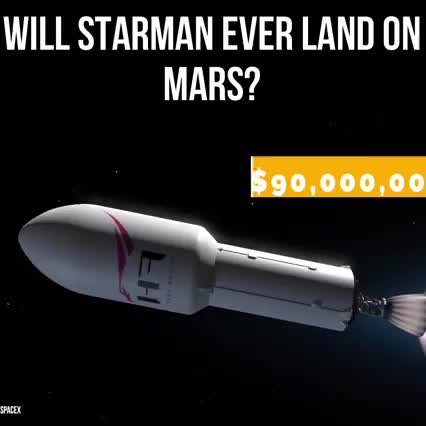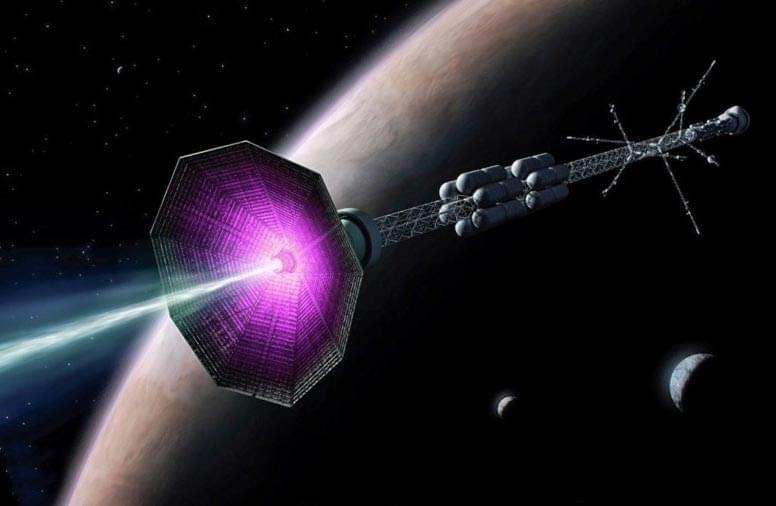
A new type of rocket thruster that could take humankind to Mars and beyond has been proposed by a physicist at the U.S. Department of Energy’s (DOE) Princeton Plasma Physics Laboratory (PPPL).
The device would apply magnetic fields to cause particles of plasma (link is external), electrically charged gas also known as the fourth state of matter, to shoot out the back of a rocket and, because of the conservation of momentum, propel the craft forward. Current space-proven plasma thrusters use electric fields to propel the particles.
The new concept would accelerate the particles using magnetic reconnection, a process found throughout the universe, including the surface of the sun, in which magnetic field lines converge, suddenly separate, and then join together again, producing lots of energy. Reconnection also occurs inside doughnut-shaped fusion (link is external) devices known as tokamaks (link is external).
